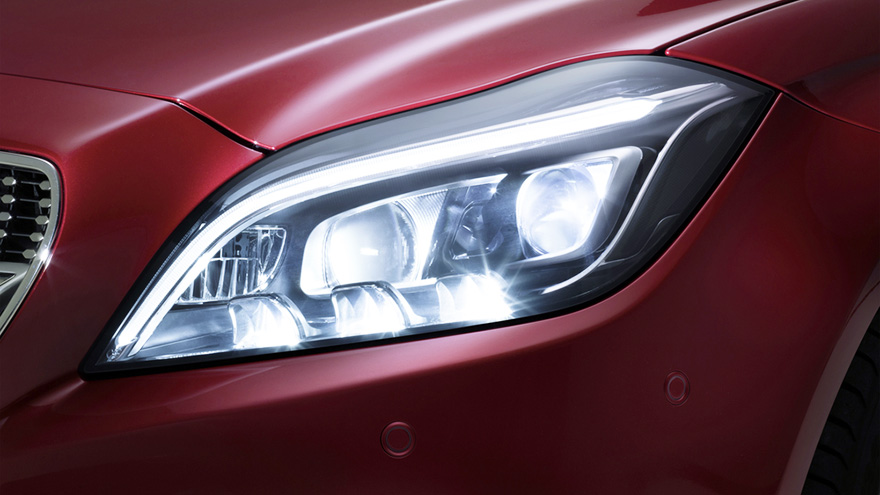6 highlights of depreciation & ABS forecast by Black Book & Fitch Ratings

By subscribing, you agree to receive communications from Auto Remarketing and our partners in accordance with our Privacy Policy. We may share your information with select partners and sponsors who may contact you about their products and services. You may unsubscribe at any time.
LAWRENCEVILLE, Ga. –
Among a host of other projections and assessments, six main highlights surfaced on Tuesday when Black Book and Fitch Ratings released its joint U.S. vehicle depreciation and auto asset backed securities (ABS) report.
With wholesale prices setting records, Black Book is forecasting an annual depreciation rate of 5% this year as the effects of the pandemic continue to be felt. That prediction is down from a record strong 2.0% depreciation rate registered in 2020.
Analysts highlighted these other six main highlights, including:
• Manufacturing shutdowns impacted new sales, and this, coupled with the government stimulus payments and added benefits, led to an uptick in demand of used inventory.
• On the other hand, lack of repossessions and delayed lease returns created used inventory shortages.
• Full-size trucks and luxury segments outperformed depreciation expectations, with full-size trucks appreciating 8.7%. Additionally, the premium luxury car segment depreciated a mere 8.1% last year, compared to 25.9% in 2019.
Subscribe to Auto Remarketing to stay informed and stay ahead.
By subscribing, you agree to receive communications from Auto Remarketing and our partners in accordance with our Privacy Policy. We may share your information with select partners and sponsors who may contact you about their products and services. You may unsubscribe at any time.
• Fitch Ratings believes auto loan and lease ABS (auto ABS) asset performance will be supported by strong used-vehicle values containing loss severity, and resulting in positive asset recovery and residual value (RV) performance.
• Fitch auto ABS rating outlooks are stable for 2021, which are consistent with 2020 and reflect expected steady asset performance, transaction structural protections and the firm’s conservative establishment of transaction base case loss proxies.
• Prime auto ABS asset performance demonstrated considerable resiliency in 2020, and both frequency and severity continue to contain loss levels.
2020 depreciation trends
Black Book reiterated that the annual depreciation rate on 2- to 6-year-old vehicles fell by only 2% in 2020, a sharp contrast to the 16.8% annual depreciation spotted in 2019.
Analysts explained market strength was felt largely in Q3, due to the federal stimulus benefits and constrained new-inventory levels.
“Additionally, moratoriums on repossessions and delayed lease returns kept the available used supply low and further fueled the appreciation of used vehicles,” Black Book said.
“The compact car segment fell sharply in the fall amid low fuel prices and increased new inventory levels, depreciating 10.6% in 2020,” analysts continued. “Full-size trucks and SUVs remained strong as continuing inventory shortages put a premium on used units.”
Black Book also pointed out that it Used Vehicle Retention Index decreased 0.8% from 115.4 in January 2019 to 114.5 in January 2020. The index began 2020 strong, but the effects of the pandemic began to be felt by the end of March 2020.
Throughout the summer months, the index climbed to a record 130.08 points before stabilizing and finishing the year at 128.8 points, up 13.7% compared to December 2019.
A look ahead at 2021 trends
As the economy continues to recover from the COVID-induced recession, Black Book projected that wholesale and retail prices are expected to be strong in 2021 with projected annual depreciation of just 5%.
“This will leave wholesale prices at the end of 2021 well above pre-COVID levels,” analysts said.
“Used inventory levels will remain tight throughout this year, contributing to the strength of the used market,” Black Book continued. “New-vehicle production and sales will return to some normality later this year, and we expect the wholesale market to return to typical seasonal depreciation in Q4.”
U.S. auto ABS outlook for 2021
Fitch Ratings noted that prime auto loan ABS demonstrated considerable resiliency in 2020, and both frequency and severity continue to contain loss levels.
“Vehicle utility, including a reduction in the use of public transportation and priority of debt, along with support via payment relief programs and other government assistance, is expected to continue to lead to stable-to-strong performance in 2021,” analysts said.
Meanwhile, analysts acknowledge that Fitch Ratings’ subprime auto loan ABS performance outlook is weakening driven by elevated unemployment and reduced borrower ability to service debt.
“Despite this, Fitch-rated subprime auto ABS transactions are expected to perform in line with expectations and the rating outlook remains stable,” analysts said.
“Government assistance and temporary payment relief programs have served to support performance, but uncertainty on future support poses risks to performance going forward,” Fitch Ratings went on to say.
The Black Book-Fitch Ratings vehicle depreciation report can be downloaded from this website.


